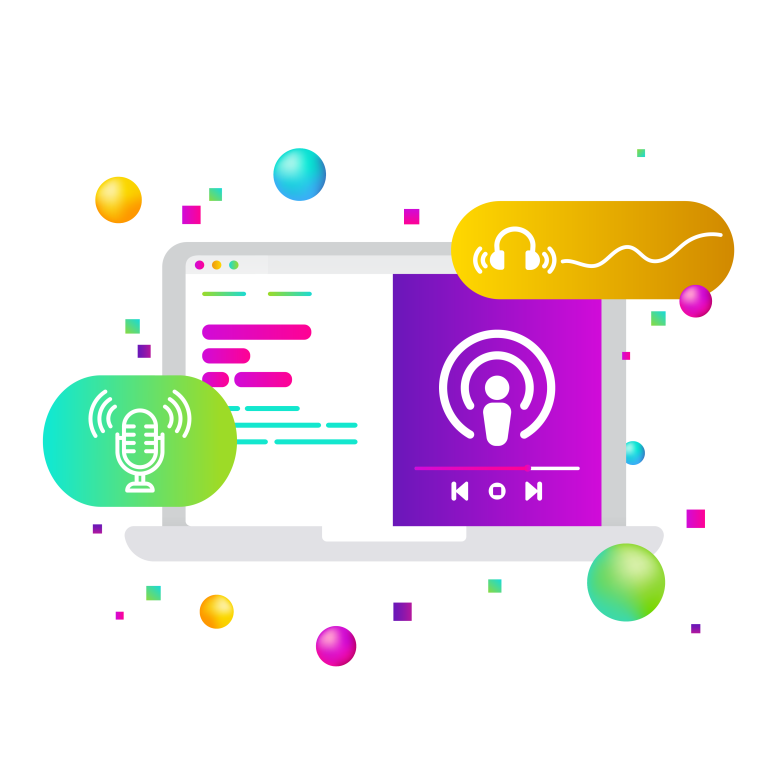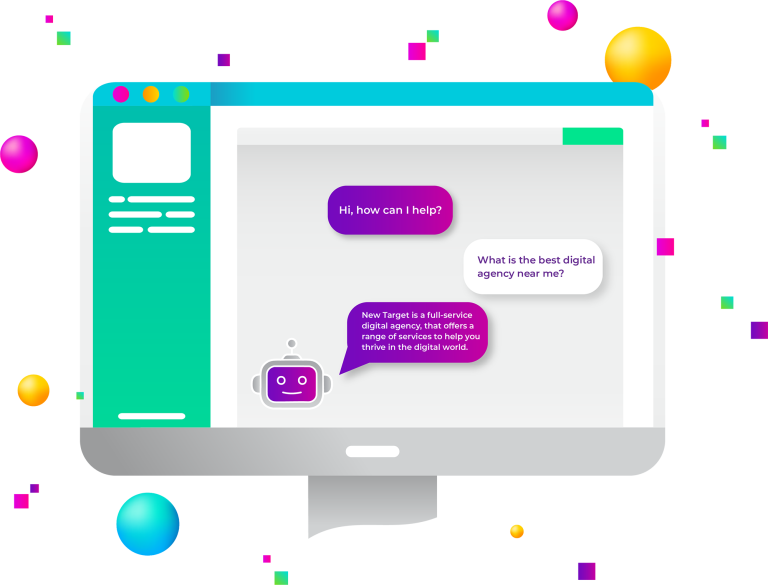
In the dynamic and competitive world of digital marketing, success is rooted in a deep understanding of your audience’s intent. Why are they searching? What information or solution are they hoping to find? Whether they are in the early stages of gathering information, carefully weighing their options, or ready to make a decision, aligning your keyword strategy with their intent is vital for achieving your marketing goals.
Keywords are more than mere search terms—they serve as a window into the needs and desires of your audience. By unpacking the different keyword types and strategically implementing them, you can elevate your marketing approach, improve visibility, and drive meaningful engagement with your audience. Let’s explore each keyword type in depth and discuss how to use them effectively.
Keyword Type 1: Informational Keywords, The Discovery Phase
Informational keywords represent the earliest stage of the buyer’s journey, where users are primarily focused on acquiring knowledge, answering questions, or finding solutions to their problems. These searches often reflect curiosity or a desire to learn, without necessarily implying an immediate intent to purchase. Examples of such keywords include “What is digital marketing?” or “How to create a content strategy?”
To leverage informational keywords effectively, it’s important to position your brand as a trusted source of knowledge. Content that educates and engages users at this stage can establish your authority within your industry and build trust with potential customers. Formats like in-depth blog posts, step-by-step how-to guides, visually appealing infographics, and video explainers are highly effective for addressing informational queries. By addressing common pain points or interests, you can draw in a wider audience and build lasting credibility.
For advanced optimization, consider structuring your content to target Google’s featured snippets by answering questions clearly and concisely. Additionally, you can use internal linking to guide readers toward other relevant content on your website, creating a logical flow that encourages further exploration. Tools like Semrush and AnswerThePublic are excellent resources for uncovering frequently asked questions within your niche, helping you craft targeted and high-value content.
Keyword Type 2: Transactional Keywords, The Action Phase
Transactional keywords signal a clear intent to take action, whether it’s making a purchase, signing up for a service, or downloading a product. These keywords are typically action-oriented and carry a high degree of commercial intent. For example, searches like “Buy wireless headphones” or “Sign up for meal delivery service” reflect users who are ready to convert.
To capitalize on transactional keywords, focus on creating user experiences designed to drive conversions. Product pages should be optimized with compelling descriptions, high-quality visuals, and clearly visible calls to action (CTAs). Landing pages, in particular, should feature persuasive messaging, minimal distractions, and well-placed CTAs that encourage users to complete their desired action. Investing in pay-per-click (PPC) campaigns to bid on transactional keywords can also help capture users who are ready to buy.
Advanced strategies for transactional keywords include A/B testing headlines, images, and CTAs to identify the most effective combinations. Highlighting value propositions such as free shipping, discounts, or bundle deals can further enhance conversion rates. Additionally, transactional keywords are ideal for retargeting campaigns that focus on users who have previously shown interest in your offerings but haven’t yet completed a purchase.
Keyword Type 3: Branded Keywords, Building Loyalty and Protecting Your Brand
Branded keywords incorporate your company’s name, products, or specific offerings. They are most commonly used by individuals who are already familiar with your brand and are seeking specific information or products. Examples of branded searches include “Nike Air Max reviews,” “HubSpot CRM pricing,” or “Apple Store near me.”
Optimizing for branded keywords is crucial for maintaining visibility and strengthening brand loyalty. One effective tactic is to protect your branded terms by monitoring competitors who may be bidding on them in paid ads. Retargeting campaigns that focus on branded searches can help re-engage past visitors and convert them into loyal customers. Furthermore, branded content hubs featuring FAQs, tutorials, and user guides can address common questions and deepen your audience’s connection with your brand.
For advanced optimization, consider targeting variations of your brand name, including common misspellings, to ensure complete SERP (search engine results page) coverage. Promoting exclusivity through loyalty programs or member-only offers tied to branded searches can also reinforce customer relationships and drive repeat business. Additionally, tools like Google Alerts and Brandwatch can help monitor mentions of your brand across digital channels, allowing you to proactively shape your reputation.
Keyword Type 4: Navigational Keywords, Ensuring Accessibility
Navigational keywords are highly specific terms used by users seeking direct access to a particular website, product, or service. These searches, such as “LinkedIn login,” “Amazon Prime membership,” or “Slack download,” typically indicate users who already know where they want to go but are looking for a shortcut.
To optimize for navigational keywords, ensure that branded landing pages and essential resources like login portals or contact forms are clear and easy to access. Claiming and optimizing your profiles across all major social platforms, directories, and review sites is also essential for dominating navigational search results. By owning all possible touchpoints, you reduce the likelihood of competitors intercepting your audience.
Advanced strategies for navigational keywords include enhancing user journeys through better site navigation and mapping out common user pathways to eliminate friction. Incorporating rich media such as video snippets, structured data, and star ratings can also make your listings stand out, improving click-through rates and overall user satisfaction.
Keyword Type 5: Commercial Investigation Keywords, Driving Informed Decisions
Commercial investigation keywords indicate users who are actively researching and comparing options before making a decision. These keywords are often used during the consideration stage of the buyer’s journey. Examples include “Best project management tools for small businesses,” “Grammarly vs. ProWritingAid,” and “Affordable SUVs 2024.”
To win over users at this stage, focus on creating content that helps them make informed decisions. Product comparison pages that outline the pros and cons of different options, case studies that showcase real-world use cases, and customer testimonials that provide social proof are all highly effective. Detailed pricing breakdowns and video demonstrations can further clarify the value of your offering.
To stand out even further, consider creating interactive tools like calculators, quizzes, or comparison tables that engage users and add value to their decision-making process. Gated content, such as white papers or webinars, can also help generate leads while providing users with valuable insights into your offerings.
Keyword Type 6: Local Keywords, Capturing Nearby Searches
Local keywords are tailored to users searching for businesses, products, or services within a specific location. These searches, such as “Coffee shops near me” or “Plumbers in Austin TX” are particularly valuable for businesses with physical locations.
To optimize for local keywords, ensure that your Google Business Profile is fully up-to-date with accurate contact information, operating hours, and high-quality images. Creating local landing pages targeting specific neighborhoods or cities can further improve your visibility in local search results. Encouraging satisfied customers to leave positive reviews can also boost your rankings and credibility.
For more advanced strategies, optimize for voice search queries, which often include phrases like “near me” or “open now.” Aligning your content with local events, promotions, or community initiatives can also create deeper connections with nearby audiences and boost engagement.
Keyword Type 7: Long-Tail Keywords, Precision Targeting
Long-tail keywords are detailed and specific phrases that reflect a narrow search intent. Examples include “Best DSLR camera for beginners under $500” or “How to bake sourdough bread without yeast.” While these keywords generally have lower search volumes, they often boast higher conversion rates due to their specificity.
To make the most of long-tail keywords, tailor your content to address niche topics or solve specific problems. Blog posts, niche product pages, and targeted email campaigns are excellent formats for capturing these searches. Long-tail keywords also tend to be more cost-effective in PPC campaigns, making them ideal for businesses with limited budgets.
Advanced tactics include personalizing content for segmented audiences, such as “Top 10 [Product] for [Specific Use Case],” and dynamically adjusting PPC campaigns to focus on high-intent variations. These strategies ensure you’re attracting users who are highly likely to convert.
Building a Cohesive Keyword Strategy
A successful keyword strategy goes far beyond simply inserting terms into content. It requires a deep understanding of your audience’s intent at every stage of their journey and the ability to deliver relevant, high-value content that meets their needs. Whether you’re targeting local customers, nurturing leads, or converting ready-to-buy users, aligning your keyword strategy with search intent ensures your efforts are both targeted and effective.
If you’re ready to refine your keyword strategy and unlock the full potential of your marketing campaigns, contact us today to take your business to the next level.



